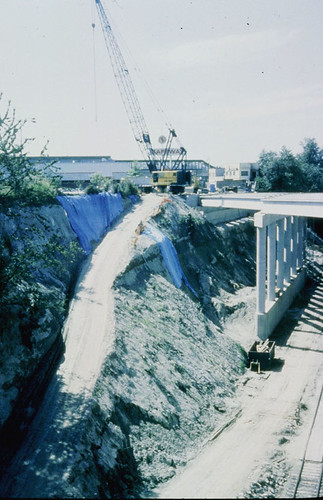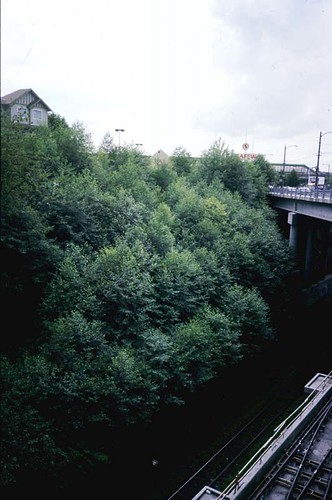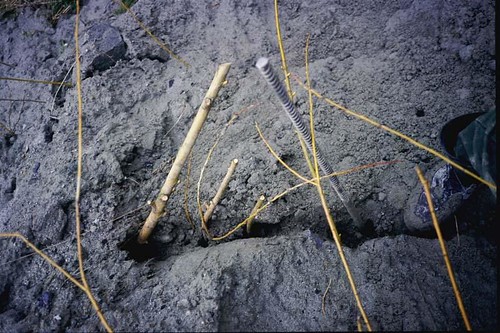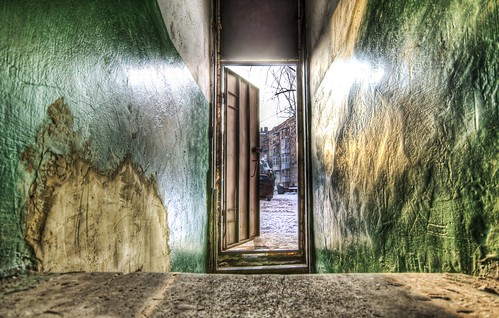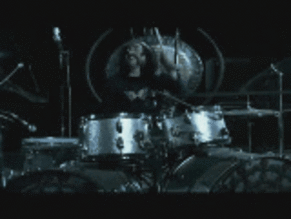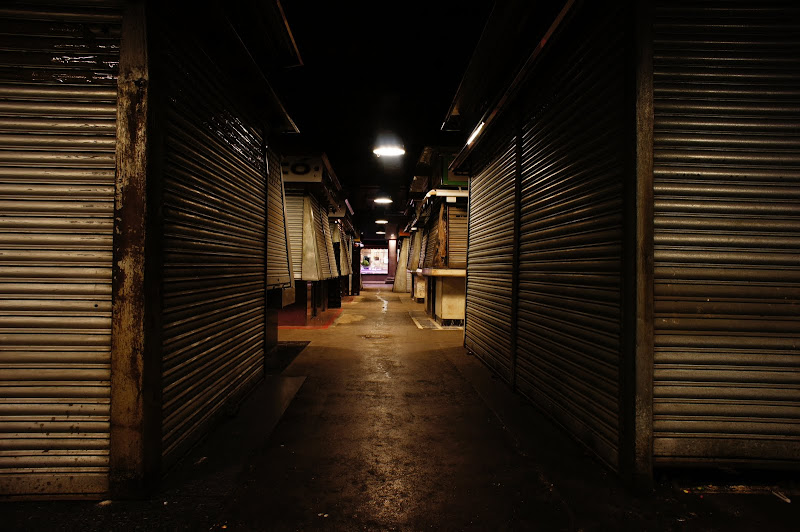
Photo by Novak Rogic – click image for more awesome pics from the week
Coming off of an intense and mind-spinning week in my favorite city of Barcelona, which I barely saw this time due to the full-on doubled-down conference action at Open Ed 2010 and the Mozilla Drumbeat Festival.
A few of my highlights:
* the program at Open Ed was strong overall. I’d like to thank Julià Minguillón, R. John Robertson, Pieter Kleymeer and Molly Kleinman, Rory McGreal, Timothy Vollmer, Pedro Pernias Peco for getting the conference off to a good start for me in sessions I moderated. Later on, I also enjoyed moderating sessions with Paul Stacey, Markus Deimann, Llorenç Valverde, Eva de Lera and Eva Loste, Virginie Aimard, and catching a good session by Diego Leal. (Sorry for the lack of links.)
* the session on open platforms I did with Novak and Scott seemed to go over OK. We shared a slot with Tom Caswell’s great work on TwHistory, and Hans Põldoja’s EduFeedr (which may be close as anyone has come to the EduGlu I’ve long dreamed of) it was an honour to be side by side with that fantastic work.

* I’m feeling a little disgruntled on the current orientation of mainstream OER these days (more on that below), so I was grateful to see some strong critique from Mike Neary and Joss Winn via the University of Utopia, and Joss and Richard Hall’s session on The relationships between technology and open education in the development of a resilient higher education .
* It was wonderful to see David Wiley (one of my oldest and dearest friends in the field), and Martin Weller (who I finally met after years of trying), and they both showed why they are considered among the smartest and most engaging voices doing this work.
* I gave my first ever public talk in Spanish at a parallel event. Less said about my performance the better, but I survived it thanks to a friendly and forgiving group. And I got to spend time with some wonderful friends from Barcelona.
* I met a number of people who I think will be great partners in the future on my new beat of sustainability education.
That said, I would be lying if I didn’t acknowledge the Open Ed conference was a bittersweet experience. I do not want to seem critical of our hosts, who did their best given the hand they were played (and were incredibly hospitable and creative), but there were technical problems that seemed to sap energy from the conference (as opposed to the way that live-streaming and Twitter from remote participants seemed to energize the event in Vancouver). Making a conference truly open means depending on the networks as more than an afterthought, and in retrospect I wish I had done my part to make that happen.
Which speaks to a more important problem. Great ‘content’ is one thing — and the ‘content’ of this conference was great — but in isolation content is lifeless and does not do its part to energize something that feels like learning. More than anything, I wish I had fought harder to have a broader focus for the program than “OER: Impact and Sustainability”. Because in isolation, there is neither impact nor sustainability for Open Educational Resources.
For that reason, I was disappointed more of Open Ed’s attendees did not poke their heads into the Drumbeat Festival, which was much more focused on a broader vision of how the implications of the open web play out… I don’t know why policy-makers of OER are so uninterested in what the open web types are up to, perhaps they see it as boring and mechanical. But I saw more of a true learning orientation at Drumbeat than the Open Ed sessions I attended (Wiley and Weller excepted), I was struck by how dynamic and participatory the plans of some sessions truly were. If I am to organize another open learning conference, I want to learn from Drumbeat — kudos and huzzahs to the organizers.
Not to say Drumbeat was perfect. I found myself wishing for a wee bit more structure at times, and there was a strain of odd techno-utopianism strongly critiqued by Jon Beasley-Murray here. (Though it’s worth noting Jon was an engaged and enthusiastic participant at the MediaWiki tent in particular, leading a couple great sessions – I hope he doesn’t mind that I reveal that. It was another highlight to spend time with Jon in Barcelona, along with our mutual friend Jaume Subirana.)
That said, if this apparent division between OER policy and the reality of the open web is as strong as it appeared this week, I despair for the future. I hope I am wrong, as the work is important and I have nothing but sincere affection and respect for the passionate champions of OER I spent time with this week.
I should say more, but I type this in an airport lounge, getting ready to board. I’m on my way to an event that promises more mind-bending fun…

